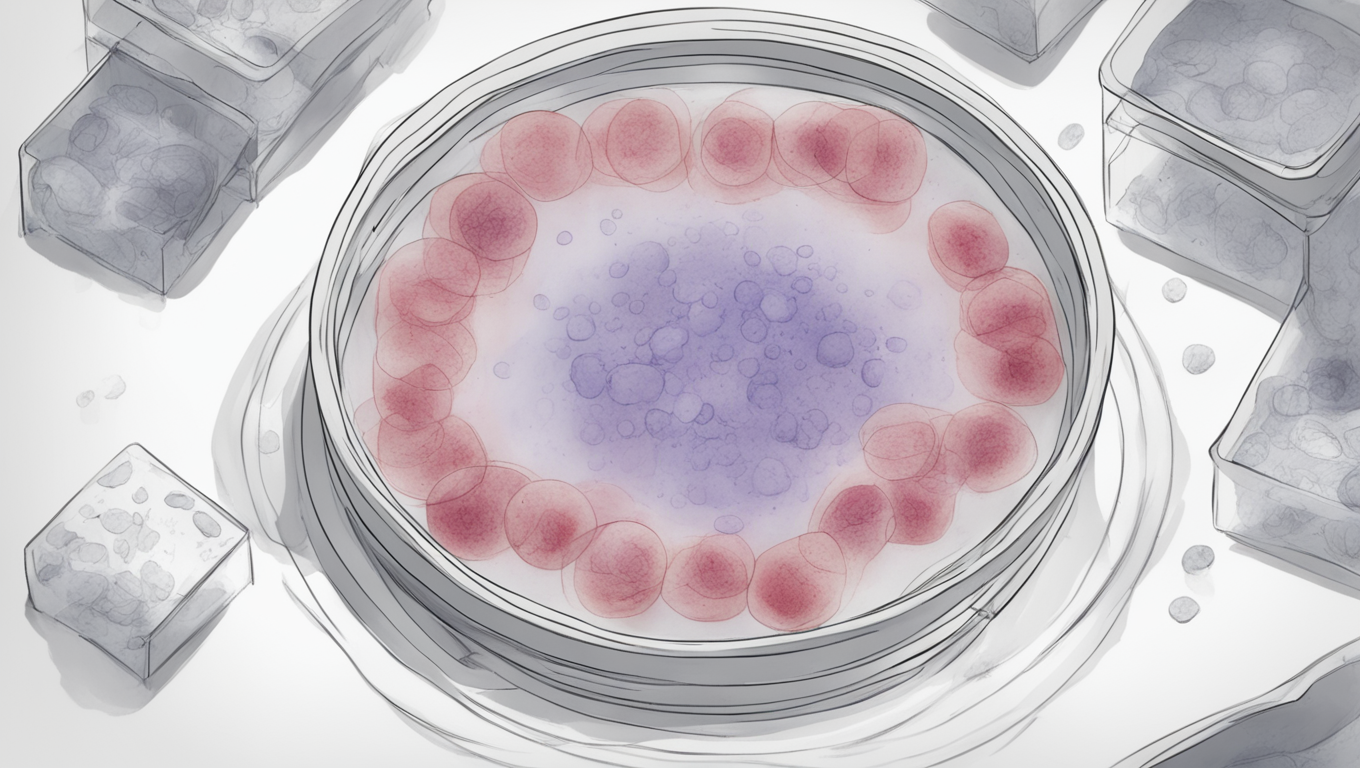In a groundbreaking development, scientists have harnessed the power of artificial intelligence (AI) to unlock new antibiotics that can effectively kill drug-resistant bacteria. This discovery could mark a turning point in the battle against antibiotic resistance, a global health crisis that claims thousands of lives every year.
The research, published in the journal Nature, was conducted by a team of 21 researchers, including James Collins, professor of Medical Engineering and Science at the Massachusetts Institute of Technology (MIT). The team used a deep-learning model, a type of AI that utilizes artificial neural networks to learn and analyze data, to predict the activity and toxicity of a new compound.
“What we set out to do in this study was to open the black box. These models consist of very large numbers of calculations that mimic neural connections, and no one really knows what’s going on underneath the hood,” said Felix Wong, a postdoc at MIT and Harvard and one of the lead authors of the study.
The researchers focused their efforts on methicillin-resistant Staphylococcus aureus (MRSA), a bacterium that can cause mild to life-threatening infections. MRSA infections are a major concern, with nearly 150,000 cases occurring each year in the European Union alone. The team trained their deep learning model using an expanded dataset of approximately 39,000 compounds to evaluate their antibiotic activity against MRSA.
To further refine the selection of potential drugs, the researchers employed three additional deep-learning models. These models were trained to assess the toxicity of compounds on different types of human cells. By incorporating these toxicity predictions with the antimicrobial activity data, the researchers identified compounds that could effectively combat microbes while minimizing harm to the human body.
Using these models, the researchers screened approximately 12 million commercially available compounds and identified promising candidates from five different classes. Two compounds from the same class exhibited significant activity against MRSA in both laboratory and animal experiments. In mouse models, each of these compounds reduced the MRSA population by a factor of 10 in experiments simulating skin and systemic infections.
This discovery represents a major leap forward in the fight against antibiotic resistance. With the help of AI, researchers were able to quickly and accurately predict the activity and toxicity of potential antibiotics, dramatically speeding up the drug discovery process.
“We could see what was being learned by the models to make their predictions that certain molecules would make for good antibiotics,” explained James Collins. “Our work provides a framework that is time-efficient, resource-efficient, and mechanistically insightful, from a chemical-structure standpoint, in ways that we haven’t had to date.”
While there is still much work to be done before these new antibiotics can be used in clinical practice, this study highlights the immense potential of AI in revolutionizing medicine. By harnessing the power of AI, researchers can continue to unlock new discoveries that have the potential to save countless lives and change the face of healthcare as we know it.





Use the share button below if you liked it.